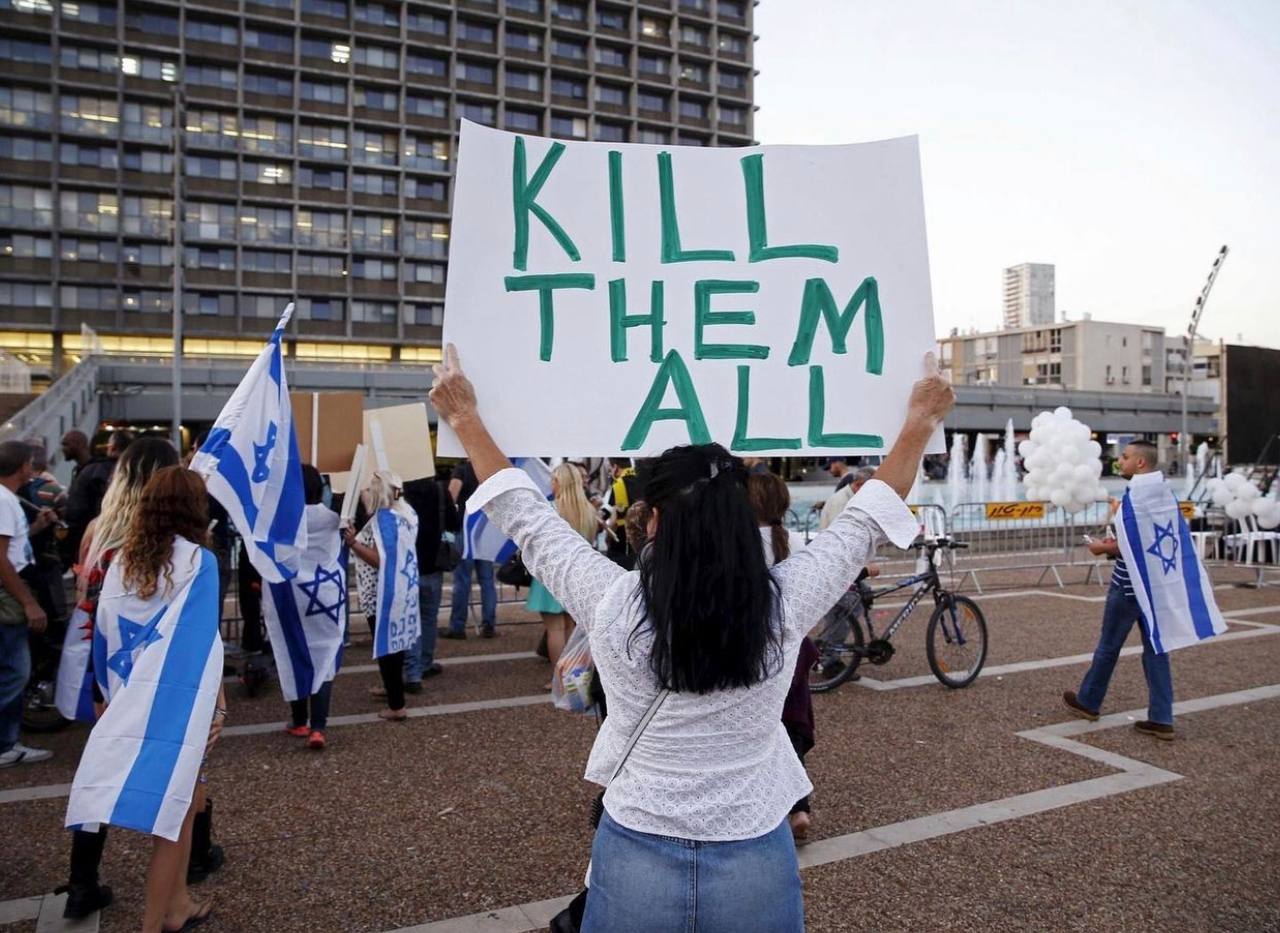Over one million people have fled Israeli attacks, as Beirut struggles to support growing displaced population
Middle East Eye
Walking alone in central Beirut, a now-homeless Nohad Yazbek finds as much solace as she can with her neighbour’s cat, Susu, after escaping her home following Israeli attacks.
‘She makes me forget the worries and terror,’ Yazbek told Middle East Eye.
Yazbek and her family are among hundreds of people who escaped Beirut’s southern suburbs, commonly known as Dahiyeh, when Israel started heavily bombing the area last week.
Unable to find shelter, she now sleeps on the staircase in front of central Beirut’s Mohammed Al-Amin Mosque.
On rainy nights, she and those around her simply search for any roof over their heads to protect them. The approaching winter is on everyone’s minds.
‘Where are we supposed to go?’ she said. ‘My village also got bombed.’
Yazbek’s hometown of Nahleh, near Baalbek in northeast Lebanon, has also been subjected to relentless Israeli bombing.
Over one million people have been displaced since Israel launched its intense bombing campaign across Lebanon last week, which may be the biggest displacement in the country’s history, according to its prime minister.
Over 1,200 people in Lebanon have been killed in the latest surge in attacks. Israel says it is targeting Hezbollah infrastructure, but many organisations have deplored the ‘devastating’ death toll and destruction of infrastructure.
‘If they don’t give us anything, we starve’
While shelters in Beirut, the southern port city of Saida, the mountains and the north have opened to welcome those escaping the attacks, many remain without a place in which to stay.
‘We have been here since they struck the buildings in Dahiyeh,’ said Ratiba Sheikh Abed, a Syrian refugee who escaped the Islamic State (IS) rule in Syria years ago.
Sheikh Abed and her family escaped Dahiyeh when massive strikes hit the area on Friday, killing Hezbollah leader Hassan Nasrallah. She is now staying with her family on the pavement near Beirut’s lighthouse.
She and her husband have eight children and are helping to care for two other women who have four children each. As their numbers are large, no shelter has been able to take them all in.
They now find themselves relying on people’s generosity and food donations to get by.
‘Some people come here to give us Manakish,’ she said, referring to a traditional Levantine flatbread usually served with thyme or cheese. ‘If they give us food, we eat. If they give us water, we drink. If they don’t give us anything, we starve.’
With Israel starting a ground invasion of Lebanon, clashing heavily with Hezbollah in the south, fears of a humanitarian catastrophe have risen.
Lebanese Prime Minister Najib Mikati and the UN humanitarian coordinator in Lebanon, Imran Riza, have issued an urgent plea for $426m to address the humanitarian crisis caused by Israel’s latest attacks.
The EU sent €30m in humanitarian aid to the country as the situation continues to escalate.
The Lebanese state remains under heavy criticism for its lack of action and preparation for this situation, and many Lebanese have taken it upon themselves to fill the gap and help people directly.
‘Currently we are trying to supply food and hot meals to anyone who is not finding anything to eat,’ said Panda, who is part of a group called ‘Food, Not Bombs’. ‘We are trying to work on the slogan that ‘nobody sleeps hungry’.
Panda told MEE that he and fellow volunteers have been able to make between 300 and 370 meals a day from their base in Achrafieh, eastern Beirut. They are currently trying to find a bigger location that would allow them to make more.
‘We don’t want to be constantly running’
While many efforts are being undertaken to avert a humanitarian catastrophe, people’s needs remain very high.
To use the bathroom, Sheikh Abed says her group usually walk to the American University of Beirut (AUB) and ask to use their toilets.
One night was different, though, and showed her the greater risks she and her family might be facing as the weather gets colder.
‘I could not go to AUB at night because it was raining and cold,’ she said, which made her decide to let her children urinate in the nearby sea.
‘A wave came and almost took them away from me.’
This problem is affecting anyone still seeking shelter. Yazbek says she usually finds a cardboard box for herself and her mother to use while they hide away from people.
Showers are also difficult, as Yazbek says she uses the drinking water that volunteers give her to wash herself, while Sheikh Abed says she is forced to bathe her children in the sea.
‘I was bathing my children in the sea when I looked down and saw the water was stained red. I realised that there was glass on the beach and it had cut them, so I tore my headscarf and wrapped their injured feet,’ she said.
Neither Yazbek nor Sheikh Abed want to leave Beirut yet, for different reasons. Yazbek wishes to stay near her home, hoping to return once the war ends. Sheikh Abed fears the war could extend to Syria, as Israel has also bombed the country on several occasions over the past weeks.
‘We don’t want to be constantly running from country to country,’ she said.
